The key is to plan ahead!!!
If you already know where you want to travel, it is always better you plan your trip in advance. Always better to have more time to plan beforehand to avoid last minutes chaos. We usually start our planning with a simple itinerary and checklist. Creating an checklist on things to do is a fail-safe way to ensure that you will never ever forget something important. The same with itinerary. You will not want to ‘wasted’ your previous holiday to not knowing what to do and where to visit.
We have listed below few personal tips below.
- Book Your Airline Ticket in Advance

- We are the frequent airline website visitors and always keep my eye on offer. Do subscribe to their newsletter if you want the ‘first hand offers news’ from them.
- Since you know where is your dream vacations, try to book your flight ticket in advance as it will be way much cheaper. Making reservations late in the game can cost you a lot of money.
2. Event & Festivals

- We travel for Experiences!! Always do a research on what events that going on in the county during your stay there. This will help you to ensure that you’re not missing out any special events going on in the city. Special events such like festivals, ceremonies and natural events is usually free and entertaining.
- Survey for the significant food in the countries. You don’t want to leave the country without experiencing what it’s known for.
3. Accommodation
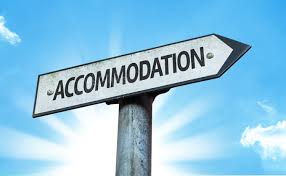
- If can, try to book accommodation earlier. Last minutes booking is usually more pricey and less choice.
- We usually do accommodation research online and read review from blog or websites like TripAdvisor, Agoda, Booking.com, Sky scanner, Airbnb and etc. Thus, we also compare the rates from different booking sites before we place the booking.
- Finding a accommodation with best rate and location is a crucial part of your trip, and it can have an enormous impact on you if not chosen correctly.
4. Passport
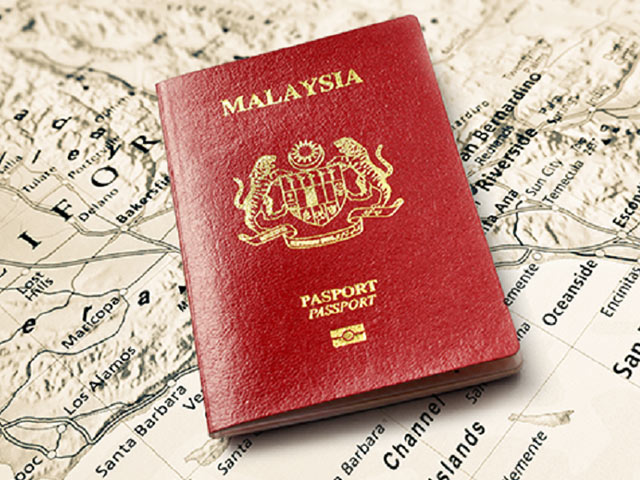
- Bring a photocopies of your passport. If your passport gets stolen or lost, you want to be sure that you can still get back into the country, or be able to prove your citizenship.
- We could save the scanned copy of the passport in your email, google drive & etc., just in case you may need it.
- The six-month passport rule. Several countries will deny travelers entry if the passport expires in less than six months. Why? If for some unexpected reason you get stuck overseas longer than planned, that country wants to ensure that you have a valid passport to eventually travel back to your home country.
- To avoid any problems, always check your passport before traveling and make sure your passport about nine months prior to the expiration date.
5. Travel Alerts (Local Embassy)
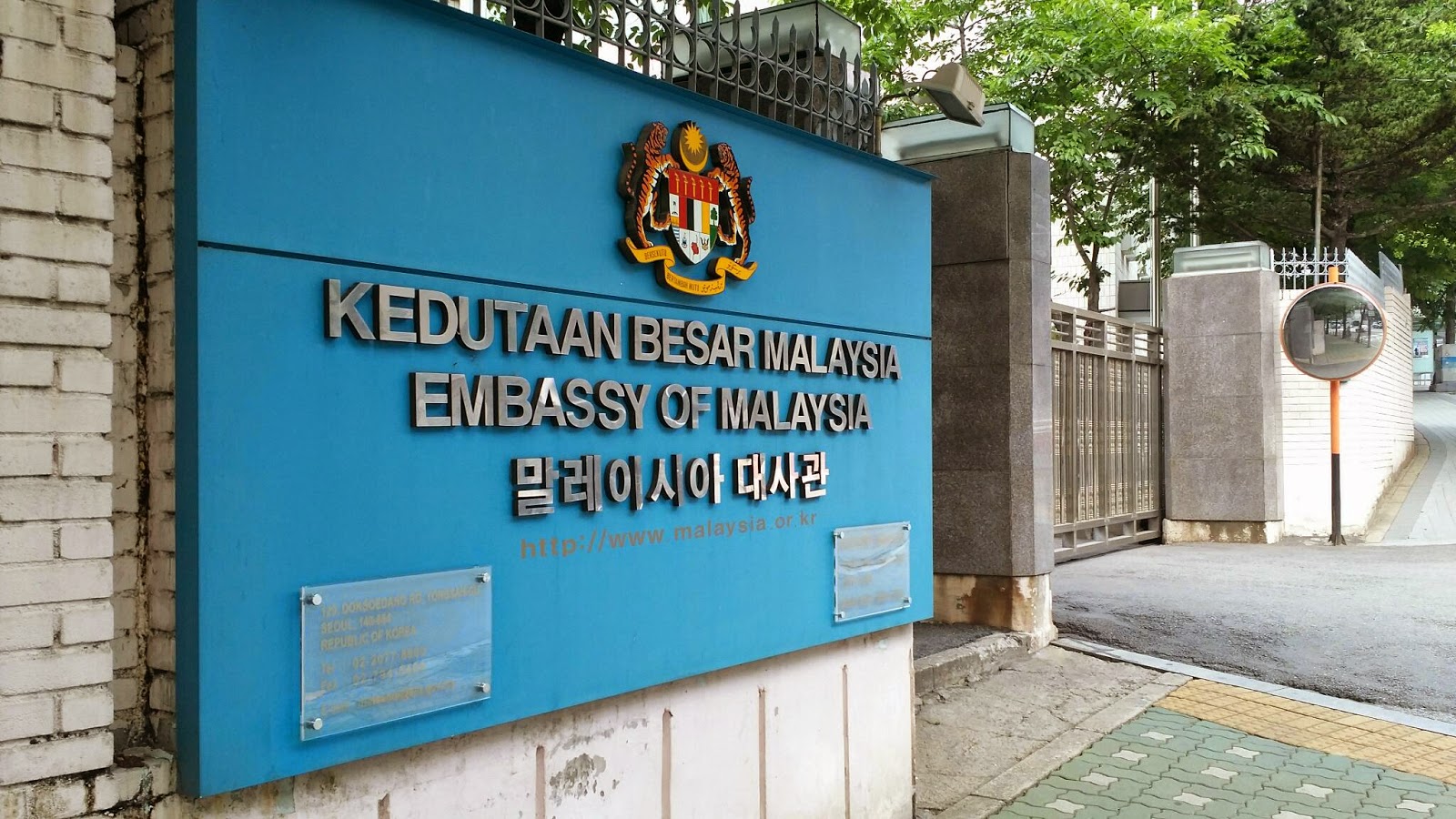
- It’s a good idea to check with your local embassy and get the latest safety and security information for your destination country, helping you to make informed decisions about your travel plans.
- It’s also smart to print out the address and contact information of the local embassy if case you need any assistance.
6. Travel Insurance

- Buy it as soon as you’ve booked your air tickets, the cost will be the same and you should be protected if some natural phenomenon or unforeseen personal circumstances in the meantime interfere with your holiday plans.
7. Foreign Cash

- You can probably access foreign currency at your destination airport but there are a few countries that require you to pay in cash for your visitor visa when you enter the country. If so, US dollars are the currency of choice.
8. Make Digital Copies
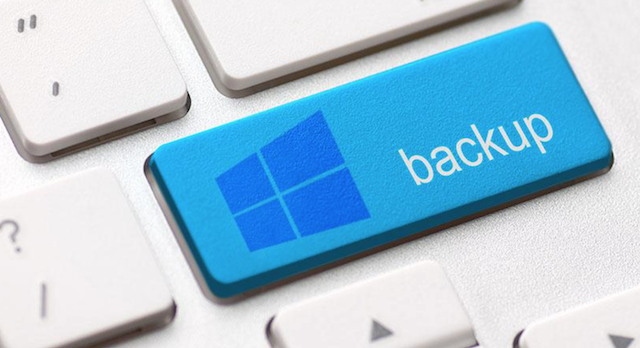
- Before you leave for your journey, send copies of important documents, such as your airline tickets (Traveling date), place of stay, and travel itinerary to a closest relatives, family or friends.
- Store another set on any other device you travel with. If you lose your luggage, wallet, or phone, you will be able to quickly retrieve the information.
9. VISA Requirements

- A visa is an official document (or stamp endorsed in a passport) issued by a foreign nation that grants you permission to enter that country for a specified period of time.
- Usually the application process is pretty straightforward (provided you plan ahead with plenty of time to spare). But visas for some countries can involve a little more thought and preparation.
- If the country you travel require visas, You may need to contact the travel agency or relevant foreign consulate or visit embassy website for more information. Visa regulations can change very quickly, so make sure the information is current.
10. Travel Guidebooks

- Guidebooks usually include maps, key words or phrases, and give you enough detail on certain sites that you won’t need to purchase the pamphlet at the venue.
- Download apps (Attraction, Map, Trains, foods, etc) before you travel. Avoid downloading charges from your wireless carrier and get your apps before you travel.
11. Mobile Charger / Adapter
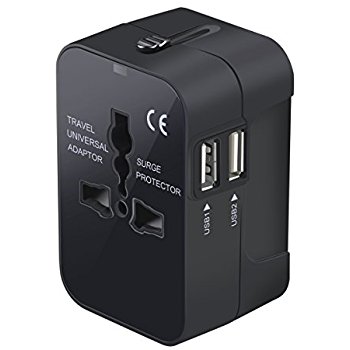
- Bring a mobile charger and universal adapter before travel as different Countries have different size plugs and voltage.
12. Travel First Aid Kits

- It is always a good idea to have your own basic first aid kit. Make a list of medicines you need and stock up before you leave on your travels.
- This will makes you feel so much better , especially in places where medicines, pharmacies and experts are in limited supply. Thus, visiting a doctor could be very pricey during your travel.
- It’s a bonus if you don’t have to use it, but a relief that you things handy if you do.
13. Pack a Variety of Clothes (But don’t bring your whole closet!!)

- Pack clothes that are versatile and can be washed and dried quickly.
- Nylon microfiber pants and shirts are great for traveling.
- Neutral colors can be worn multiple times without anyone noticing.
- If you roll your clothes instead of folding them, they take up less space and unpack without wrinkles.
- Try to pack lightly as you can.
14. Separate Your Sources of Money
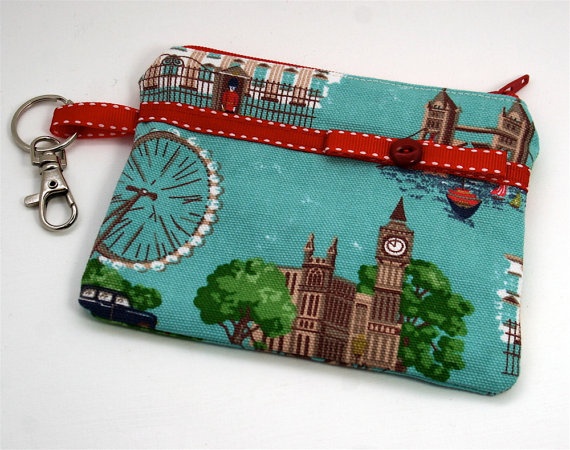
- Don’t keep all of your cash and cards in one spot. Hide some cash and a back up credit/bank card in a separate bag — not the same bag as your wallet. Be safe is the key.
15. Alert Your Credit Card Company of Your Travel Plans

- This is a great habit to get into, if you don’t want your credit card company to put a hold on your card while you are overseas.
- This way, they won’t think your card is stolen and shut it off just when you need it the most. Be mindful of any countries you might be changing planes in; you might need to make a charge during your layover, especially if there’s a delay.
16. The Personal Touch

- If you are taking a long hours flights, we suggest you to bring your own personal kit. Neck pillow, ear plugs and eye mask are your best friends for a long hours flights.
17. Local Sim Card
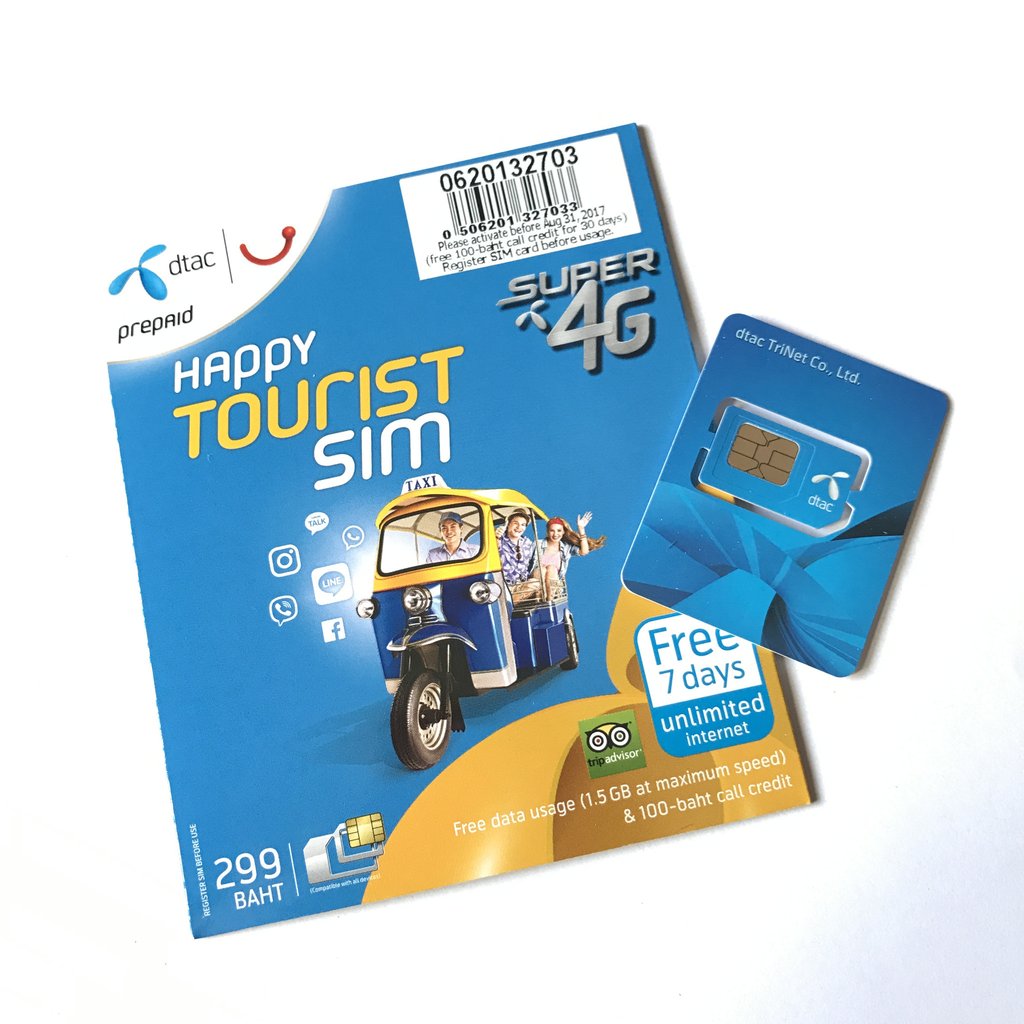
- When you travel internationally, the first option is to buy SIM card from a local store or airport when you arrive in the country that you are visiting.
- Purchasing a SIM Card from the country you are traveling are usually limited by either number of days or data usage.
There are a few things one needs to take note of when purchasing SIM card overseas:
- Get the proper type of SIM card for your phone, be it the nano or micro SIM card.
- Keep your local SIM card in a safe and secure place and remember where you put it.
- Lastly, be prepared to queue when purchasing SIM card at the airport since most of the tourists will be crowding around the SIM card vendor to get themselves a SIM card too. You may get it from the local store if you do not wish to purchase at the airport.
18. Hotel Business Card

- The first thing need to do when arriving at a hotel overseas is take a business card from the front desk.
- The reason if you get lost, you have the name and address of the hotel in the local language.
- Large populations around the world speak English, but having something in a local language that you can show locals and taxi drivers is an extra bit of assurance.
